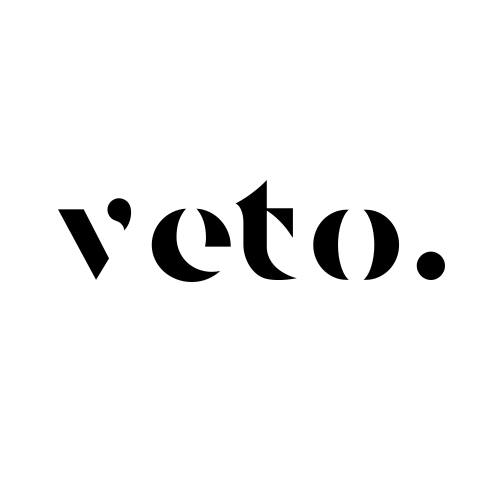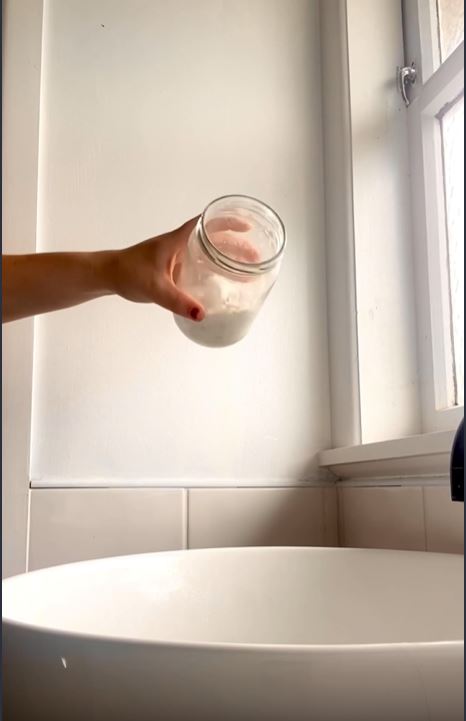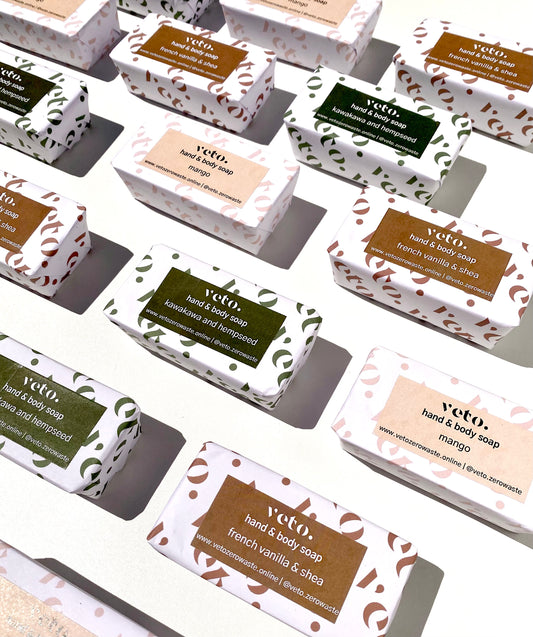Living with other people can be hard. Especially if you've developed sustainable habits that others aren't so receptive to it, yet. This was my reality while living with my parents. It wasn't that they disagreed, but I may have been a bit tyrannical with how I voiced my suggested changes...
That’s my biggest tip when convincing anyone to make a sustainable switch – whether that’s your parents, your flat mates or your partner. Make it worthwhile for them. If you can frame a swap as being cost-effective and convenient first, the fact it’s also better for the environment will be an added bonus.
It's super helpful to make these switches one at a time. Rather than getting super frustrated with your parents or the people you live with and wanting them to do everything at once, choose one product, one area of the house or one part of the weekly shop, and focus on that until the switch has been made.
I've broken down some areas to start with:
The cool thing about starting with any of these sustainable swaps, is that it gives you time to show your parents, partner or flatmates the result of that sustainable alternative.
The cool thing about working with a financial incentives is that, once the sustainable swaps are working for the whole household, everyone feels really good about it. That usually has a snowball effect and makes people want to do even more.




